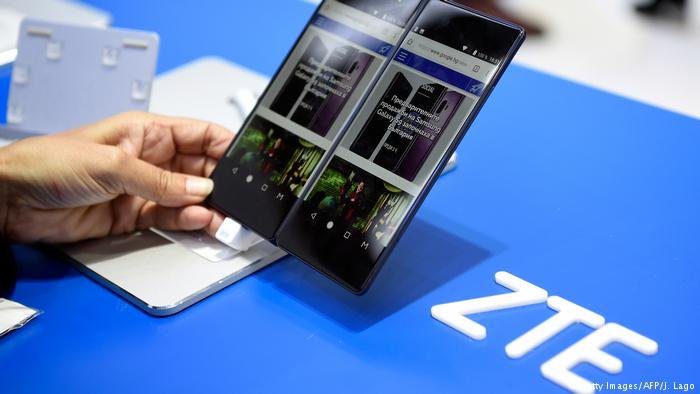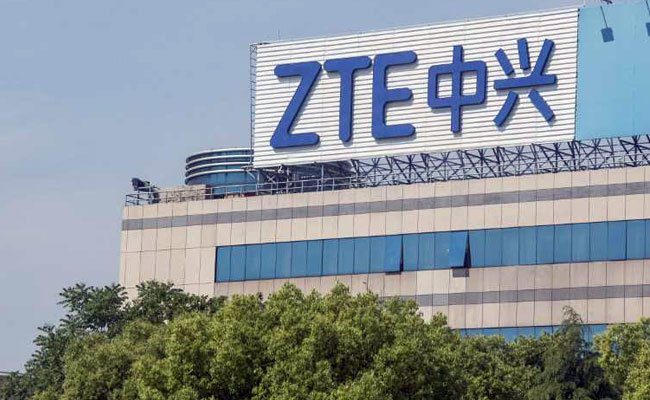After much deliberation, Wilbur Ross, the Commerce Secretary, announced that the US had successfully managed to reach an agreement to lift sanctions on Chinese telecom equipment maker, ZTE. Ross shared that they had executed a deal with ZTE to bring an end to the current phase of development with them.
Other than making monetary payments, ZTE has been put to task to implement changes to its management and present those changes for closer examination by the US compliance team. Ross shared that he believes that with this settlement was going to be effective after it brought down the $17 billion company to its knees, and almost put them out of business. He further added that their suggestions for new management and board would serve as a great deterrent for any potential bad actors.

In the deal, ZTE will need to pay an additional $1 billion fine and place $400 million in escrow in case the company goes in violation of the sanctions again
The deal puts an end to a tense period of negotiations between the US and Chinese governments with regards to matters on the telecom equipment maker. Initially, the US had placed sanctions on ZTE for selling goods with US parts into Iran and North Korea. Given the fact that the two nations currently have sanctions in place at the moment, ZTE had broken the law.
Once the Commerce Department determined that ZTE had not abided by the original sanctions, the tech company was hit with an even harsher penalty by being refused the right to buy US parts. The penalty served as a major blow to the tech company because they are heavily reliant on US-made parts in order for them to stay in business.
Review
Some Trump administration officials had attempted to frame the ZTE sanctions as an entirely separate national security issue before the president stepped into the arena to pull the discussions into the broader talks over trade.
Incredibly, following the deal, the Trump administration has come under fire from lawmakers in both parties who have raised national security concerns about ZTE. US intelligence agencies and other countries are said to be in opposition to the move too.
According to Peter Navarro, who serves in close proximity to the president in a number of roles as an assistant, director of trade and industrial policy, plus as a director of the White House National Trade Council, US President Donald Trump executed the deal as a favor to Chinese president Xi Jinping.

In May, phones manufactured by ZTE were banned by the Pentagon for sale in military bases due to security concerns raised
When quizzed by reporters about his take on President Trump's decision to lift sanctions against the Chinese telecom company ZTE after it had acted in violation of sanctions, despite Iran and North Korea being two nations considered as national security risks, Navarro cited that Wilbur Ross would be better placed to respond to those matters in detail.
Decision
At present, analysts believe that the US president is hopeful that his Chinese counterpart Xi Jinping returns the favor in a yet to be disclosed fashion. US companies have been quick to bemoan the fact that they have been locked out of the Chinese market when it comes to exploring investment ideas. Those who are able to do so are required to entire into joint ventures with local companies and expose their trade secrets to them.
Many are hopeful that if either of these restrictions could be done away with, then this would represent a significant change of tact and be recorded as a win for the USA. Having made claims to suggest that he is an excellent negotiator and people-reader, President Trump will be hopeful that Xi Jinping responds in kind to confirm his assertions.
